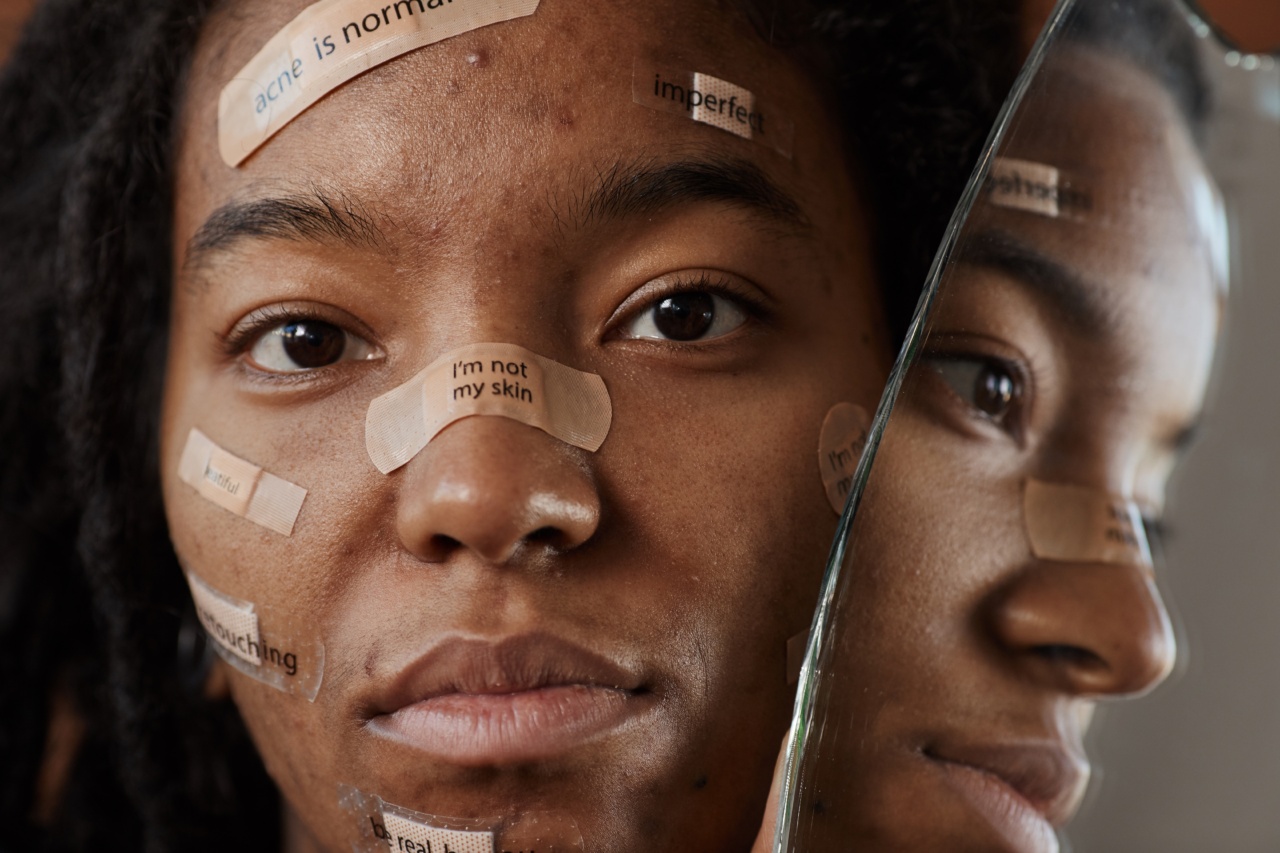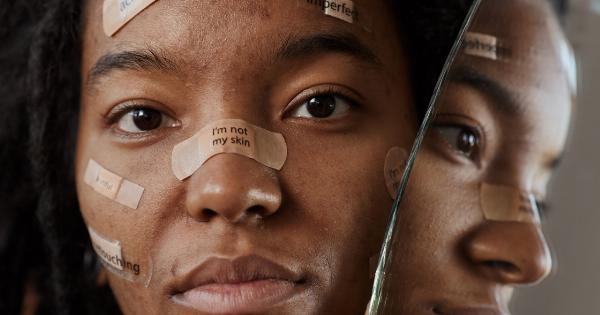Acne is not just a teenage problem. Even adults can suffer from this skin condition. Adult acne can be frustrating as it can impact your self-confidence and self-esteem.
While there are various studies that suggest several causes of adult acne, it is still surprising to find out some of the reasons that can trigger this skin condition.
Hormonal Imbalances
Hormonal changes can play a significant role in adult acne. When a person experiences hormonal changes, the oil glands in the skin produce more sebum, causing blockage of the hair follicles.
This blockage can lead to inflammation and infection resulting in acne. Women tend to have more hormonal fluctuations than men because of menstruation, pregnancy, menopause, and the use of birth control pills. Hormonal acne is commonly found along the chin and jawline areas.
Stress
Stress can trigger your adrenal glands to produce more androgen hormones, which in turn stimulate the skin’s oil glands producing sebum. Stress can also affect the immune system, making it more susceptible to infections.
These two factors can contribute to the development of acne. So, it is essential to find ways to manage stress such as practicing meditation, deep breathing, or yoga.
Wrong Skincare Products
Using skincare products that are not suitable for your skin can also lead to adult acne. Skincare products that are too harsh or contain comedogenic ingredients can clog your pores and irritate your skin.
Make sure to choose products that are non-comedogenic, hypoallergenic, and suitable for your skin type.
Diet
While diet may not be the main cause of acne, studies suggest that certain foods can trigger its development.
Foods that are high in sugar, dairy, and refined carbohydrates may increase the levels of insulin and insulin-like growth factor-1 (IGF-1) in the body, leading to the production of more sebum. Furthermore, foods that have a high glycemic index can exacerbate acne. It is essential to eat a balanced diet to keep your skin healthy and clear.
Medications
Medications, particularly those that contain corticosteroids, androgens, and lithium, can trigger adult acne. Corticosteroids are commonly used to treat various medical conditions such as asthma, arthritis, and allergies.
These medications can increase the levels of androgens in the body, leading to the development of acne. Lithium, which is used to treat bipolar disorder, can also cause acne in some people. It is essential to talk to your doctor if you suspect that your medication is causing acne.
Genetics
Genetics plays a role in the development of adult acne. If your parents or siblings have had acne, you are more likely to develop it yourself. However, having a genetic predisposition does not mean that you will undoubtedly have acne.
Other factors such as diet, stress, and skincare habits can also influence the development of adult acne.
Environment
The environment can also contribute to adult acne. Pollution, humidity, and exposure to UV radiation can clog your pores, irritate your skin, and trigger inflammation leading to acne.
It is essential to protect your skin by wearing sunscreen and avoiding exposure to pollution and other environmental irritants.
Menopause
Menopause can trigger adult acne because of the changes in hormone production. A decrease in estrogen levels and an increase in testosterone levels can cause the oil glands to produce more sebum, leading to acne.
Women who undergo hormone replacement therapy (HRT) may also experience acne because of the hormonal changes brought about by the therapy.
Perimenopause
Perimenopause is the period before menopause where women undergo hormonal changes that can also cause adult acne. The fluctuations in estrogen and progesterone levels can lead to the production of more sebum, leading to acne.
Women who experience perimenopause may have acne around the chin and jawline areas.
Pregnancy
Pregnancy can also cause adult acne because of the hormonal changes. The increase in progesterone levels can cause the oil glands to produce more sebum, leading to the development of acne.
Pregnancy acne is usually mild, but it can persist even after childbirth.
In conclusion, adult acne can have various surprising causes that we may not have thought of.
Take proper measures to manage the factors that may contribute to acne, such as managing stress, choosing the right skincare products, and eating a balanced diet. These steps can help keep your skin healthy and clear, improving your overall health and confidence.






























